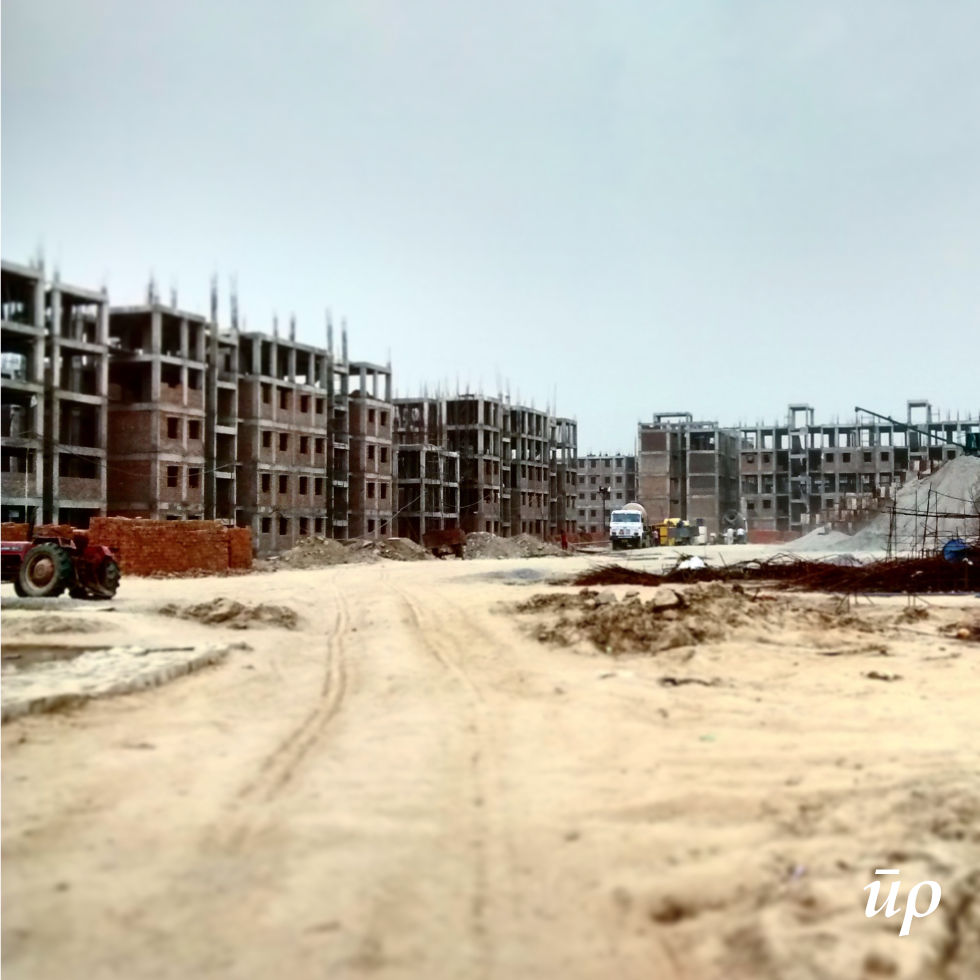Over half of the world is urbanized now. An ever growing population and increasing activities in a developing city bring about tremendous pressure on the urban land and its housing sector. Urbanization has resulted in people increasingly living in slums and squatter settlements and has deteriorated the housing conditions of the economically weaker sections of the society. The problem of Urban Housing has always been an inevitable outcome of growing urbanization.
Huge housing costs in urban areas have induced the economically weaker sections of the society to occupy the marginal lands typified by poor housing stock, congestion and obsolescence. It is apparent that substantial housing shortage looms in Urban India and a wide gap exists between the demand and supply of housing, both in terms of quantity and quality.Housing as a lot of people understand is not just limited to a shelter with four walls and basic amenities. Housing has all physical, social and economic dimensions. Decent, affordable housing is fundamental to the health and well-being of people and to the smooth functioning of economies.
Housing other than providing shelter and infrastructure serves as the area where an abundant supply of social relationships and services are accessible; such places are for social intercourse, education, recreation, sports, social welfare and health protection services, shopping and transportation.

Graphic – Wikipedia
According to the Abraham Maslow’s theory on human needs, there are five stages of human needs which are physical needs, security, love and belongingness, esteem, and self-actualization. These five stages are organized in a pyramid form starting from the basic stage, (physical need) to the highest reaching stage (self-actualization). Housing as a whole should be a component that can help deliver these needs to us especially to the marginalized group where the housing shortage is maximum.
The volume of housing shortage in the economically weaker sections is so huge that while providing affordable housing to them it only gets limited to their shelter needs with some infrastructure, while the other equally important factors like ‘inclusive development’, ‘public participation’ and ‘right to the city’ etc. gets lost in the process. Thus forming various small clusters of EWS & LIG housings within the city which somehow start acting as ‘exclusion points’ of the city for them instead of providing an environment for their overall development. Such development has already resulted in socially fragmented cities where the elite class wants the informal working class to be practically invisible to them, thus avoiding any such development near their luxury housings with perfect views.

Picture – Manik Doomra | Instagram
To bridge this huge social gap between the high class and the EWS it is important to develop inclusive cities. A development that stimulates the feeling of belongingness among all its citizens irrespective of their economic status and is socially impartial to the marginalized should be encouraged. Even though the rich and the poor don’t share the same places all the time but at least the visual acknowledgment instead of creating barriers is much needed.
Inclusive spaces without any barriers, be it visual or physical, to respect the presence of every citizen could be one of the ways to overcome the fragmentation of the society.
Housing being a major part of development can play an important role to achieve this. Thus it is very important that in all the new policies for ‘Affordable housing for all’ these factors of social inclusion, participation in development and ‘right to the city’ are equally significant.
For a development that is spatially, resourcefully and socially just to all its citizens it is important to have all the above parameters equal importance in the policy implementation for affordable housing. A housing which is affordable and inclusive is the need of the day!
